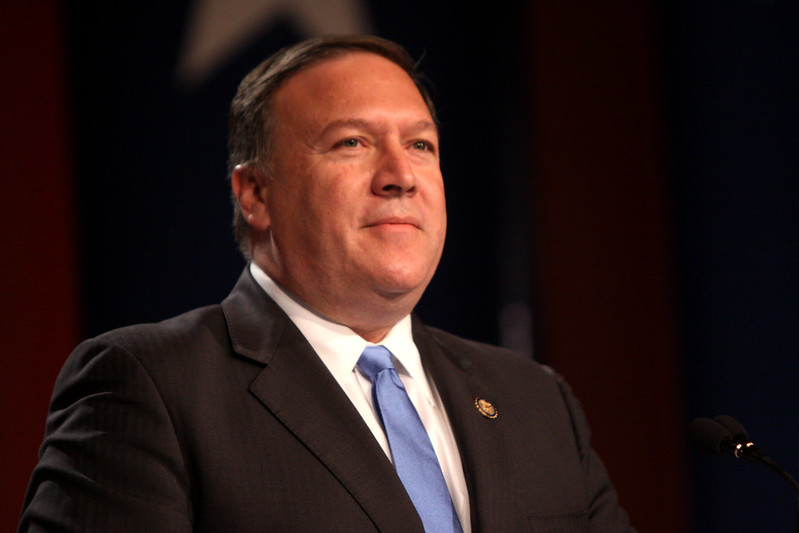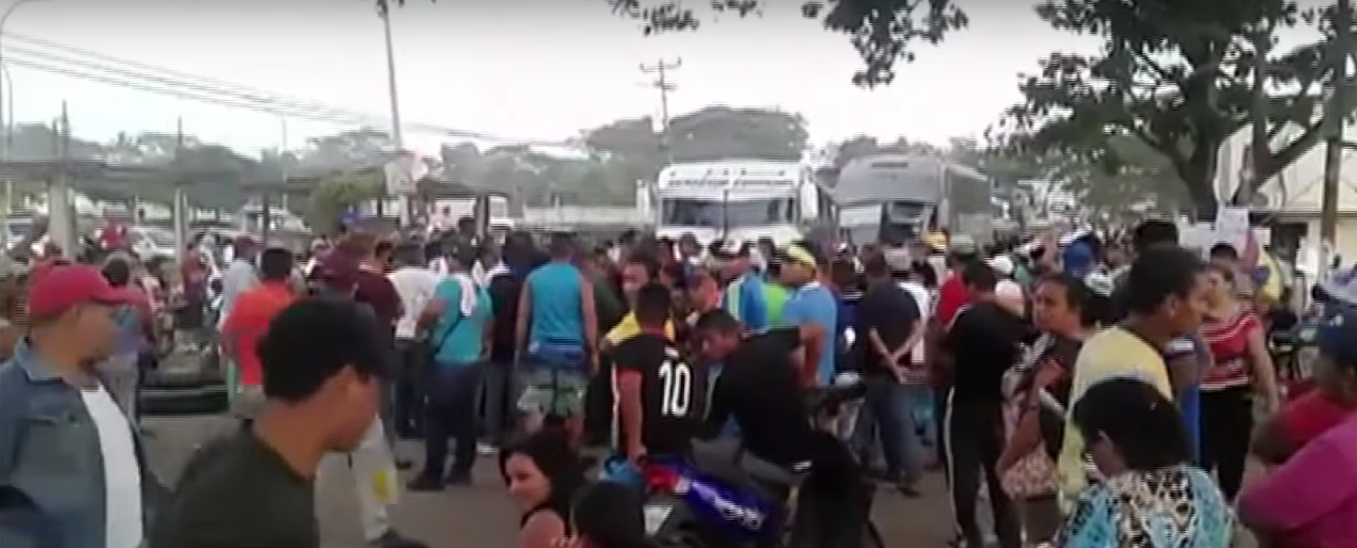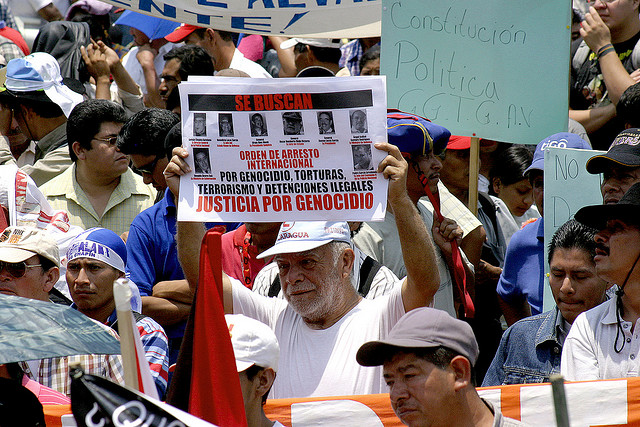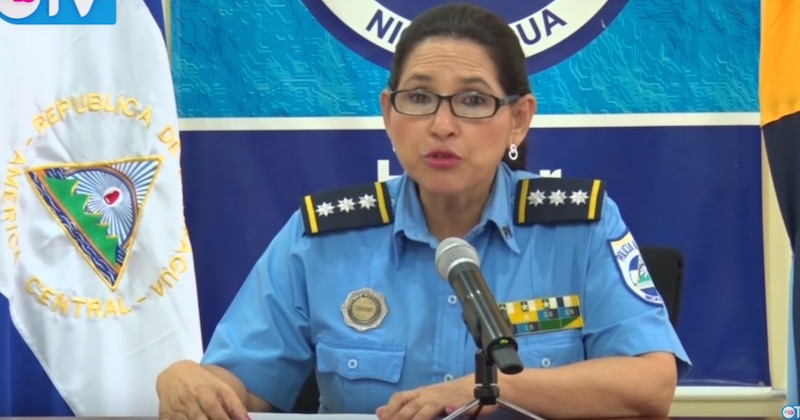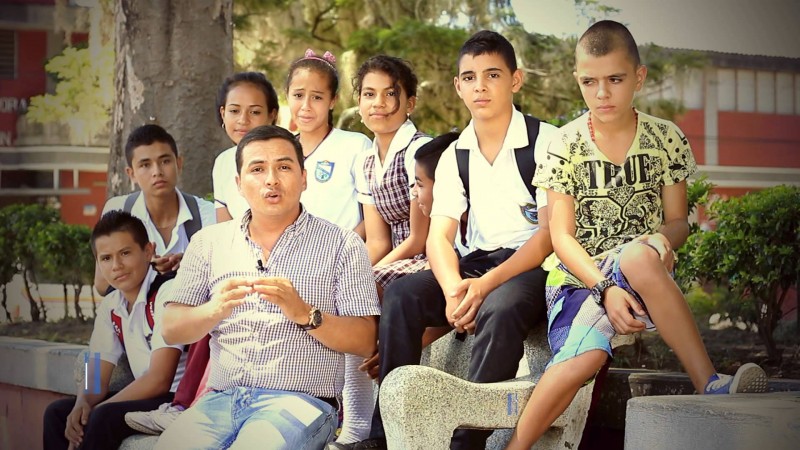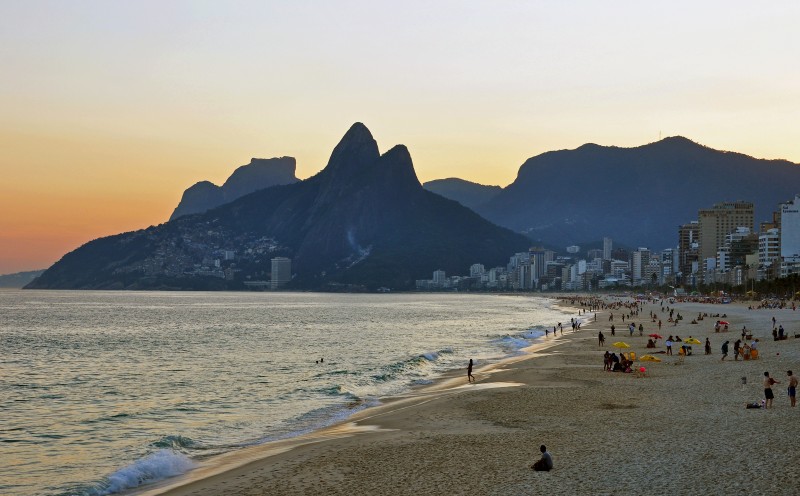
Brazil, Latin America: Week in Review
Brazil Police Investigate Mob Killing in Wealthy Rio Neighborhood
November 17, 2015 By Staff
Police in Rio de Janeiro on Monday announced they will investigate the apparent mob killing of an ice vendor in the city’s beachfront neighborhood of Ipanema over the weekend, The Associated Press reported.
The death of Fabiano Machado da Silva, 33, is the most recent episode of vigilante justice to receive national attention in a country where high rates of lynching continue to capture media attention.
Silva was beaten to death by approximately 10 assailants after getting into an altercation with two women leaving a beach party, according to witnesses and security footage released to the local media (link in Portuguese).
Vigilante killings are common in Brazil and have reportedly been on the rise. The country sees an estimated one attempt at mob justice per day, up from four per week until mid-2013, according to the sociologist José de Souza Martins, who studies the phenomenon.
Rio de Janeiro has the second-highest rate of mob killings in the country after São Paulo, according to research conducted by the University of São Paulo’s Violence Studies Center.
In September, Rio de Janeiro’s secretary of security expressed concern over future acts of vigilantism in the same upscale Rio neighborhood where Silva was killed, after a wave of organized muggings prompted social media users to advocate for mob justice.
Headlines from the Western Hemisphere
North America
- The major U.S. automakers Ford, General Motors and Fiat Chrysler, in an effort to capitalize on significantly lower labor costs in Mexico, have indicated they plan to increase the production of cars there bound for the U.S. market by 250 percent before 2020.
- Chevrolet’s Aveo, the most popular small car sold in the Mexican market, has failed key safety tests by an independent safety group, highlighting carmakers’ overall lower safety standards in Latin America.
Caribbean
- Cuban migrants seeking to enter the United States have registered with the Mexican government for safe travel through the country at a rate five times higher than in 2014, according to a Wall Street Journal report.
- Puerto Ricans are preparing for nearly $3 billion in funding cuts to Medicare and Medicaid on the island by the year 2017, a move one top health official said will prompt “collapse” in the local healthcare system.
Central America
- An Guatemalan army officer was doused with gasoline and set on fire by members of a moto-taxi association who were protesting rampant extortion in the southwestern department of Retalhuleu.
- The recent border dispute between Nicaragua and Costa Rica over the status of Cuban migrants has reportedly inflamed diplomatic tensions between the two countries, prompting Nicaragua to file complaints with international bodies for an alleged violation of its sovereignty, and Costa Rica to claim that the latest crisis distracts from a pending International Court of Justice decision over a long-standing border dispute.
Andes
- Colombia’s guerrilla National Liberation Army freed two soldiers who had been captured during combat on Oct. 26 and held as hostages, according to a Monday announcement by the Red Cross.
- The head of Venezuela’s legislature claimed Monday that the two nephews of Venezuelan first lady Cilia Flores who were charged by the U.S. with attempting to smuggle 800 kilos of cocaine from Haiti last week were actually “kidnapped” by U.S. agents in New York following their extradition in order to sabotage the Venezuelan government ahead of important congressional elections.
- In a New York Times interview of U.S. Ambassador to Colombia Kevin Whitaker the diplomat characterized the $10 billion in aid to the country since 1999 under Plan Colombia as a success, arguing the military aid package saved Colombia from becoming a “failed state.”
- Bolivia announced Monday it will pay Spain’s electric utility company Iberdrola $34 million for compensation for the 2012 nationalization of its electricity distribution subsidiaries, part of President Evo Morales’ broader nationalistic approach to energy.
Southern Cone
- Both of Argentina’s presidential candidates Daniel Scioli and Mauricio Macri agree Argentina needs a more open economy, though the candidates disagree on the necessary scale and speed of reform.
- The relatively conservative Macri remains ahead in the polls after Scioli’s failure to deliver a “clear blow” during Sunday’s televised debate.
- New evidence surrounding Brazil’s ongoing investigation into the Petrobas corruption scandal was released Monday, indicating that bribes were paid as part of the state-run oil company’s $1.2 billion purchase of a Texas refinery company in 2006.
- Meanwhile, a Brazilian congressional ethics committee decided to investigate whether lower house speaker Eduardo Cunha, accused of receiving kickbacks as part of the Petrobas scandal, gave false testimony during a corruption hearing, threatening the career of Cunha, the only legislator with the authority to initiate impeachment proceedings against President Dilma Rousseff.
